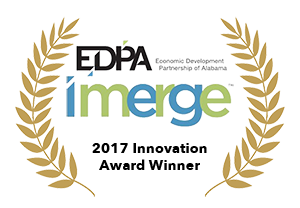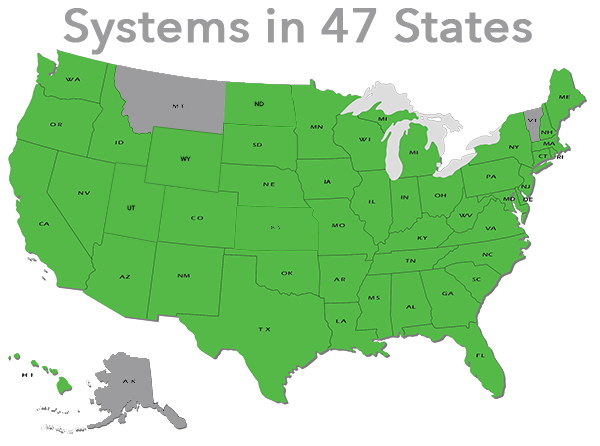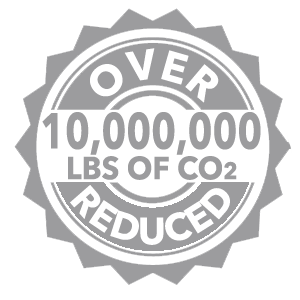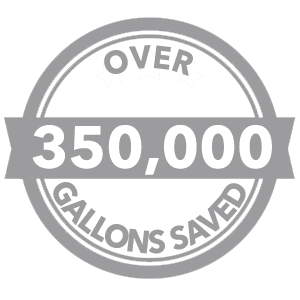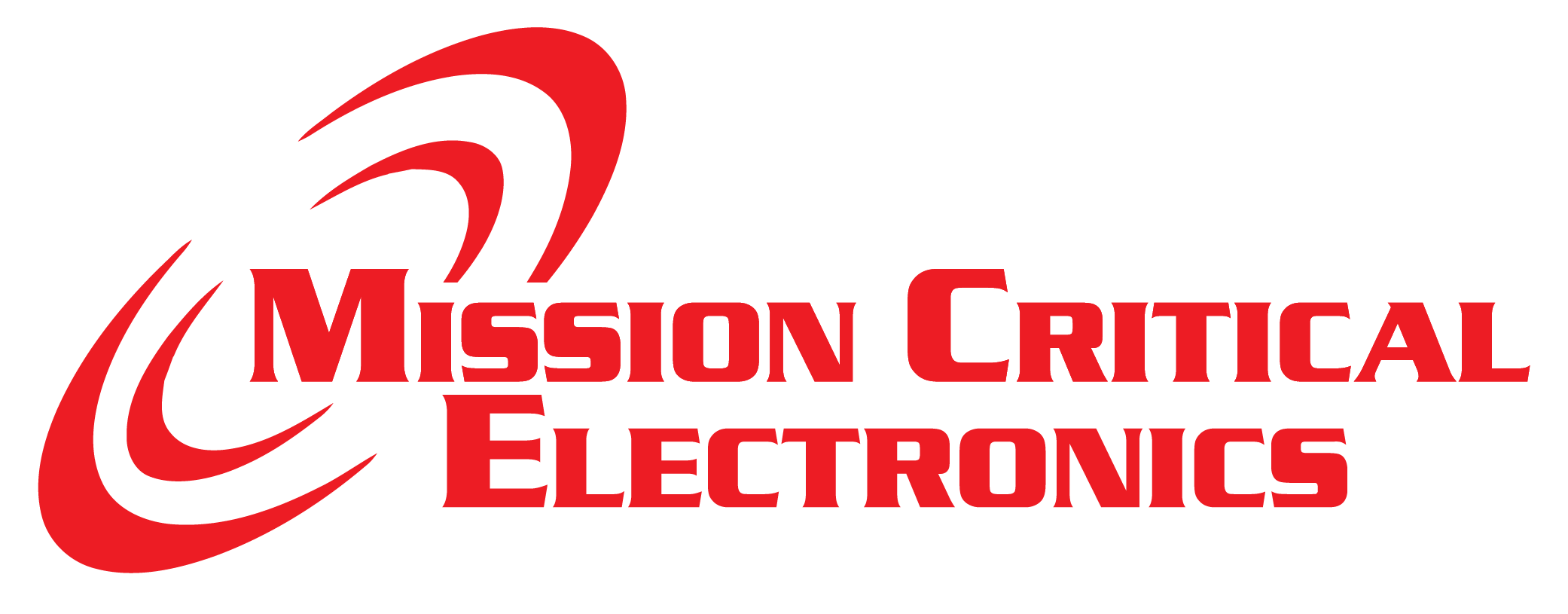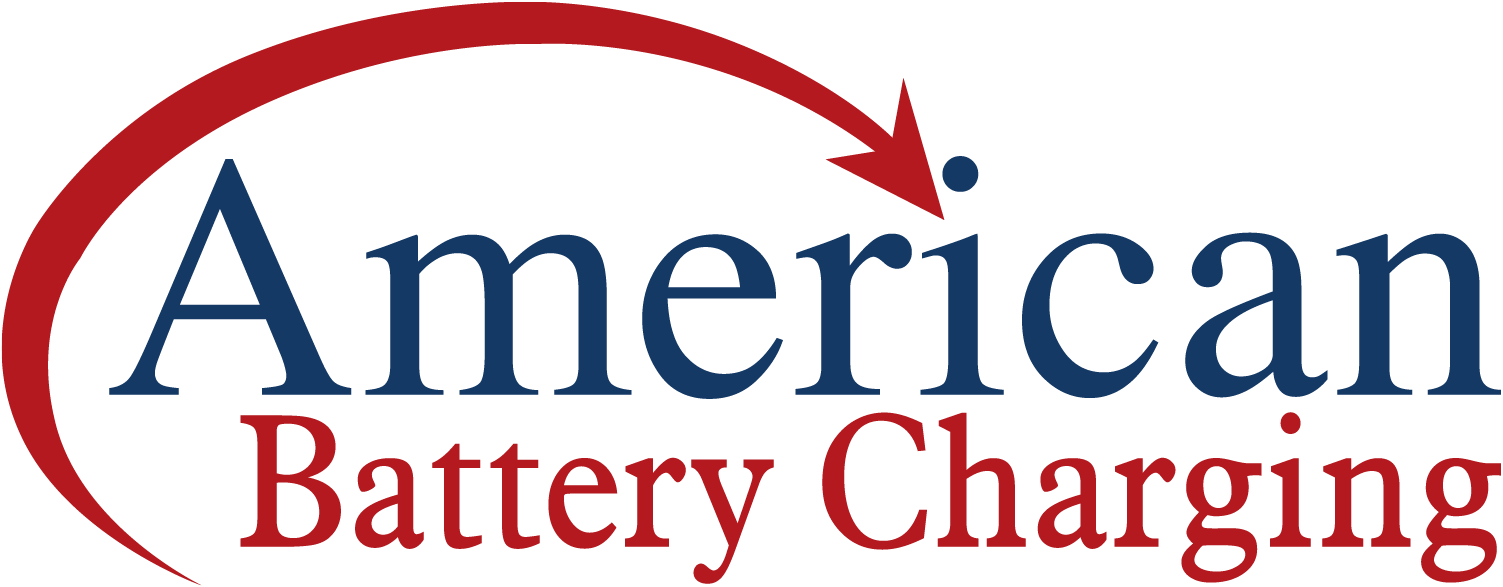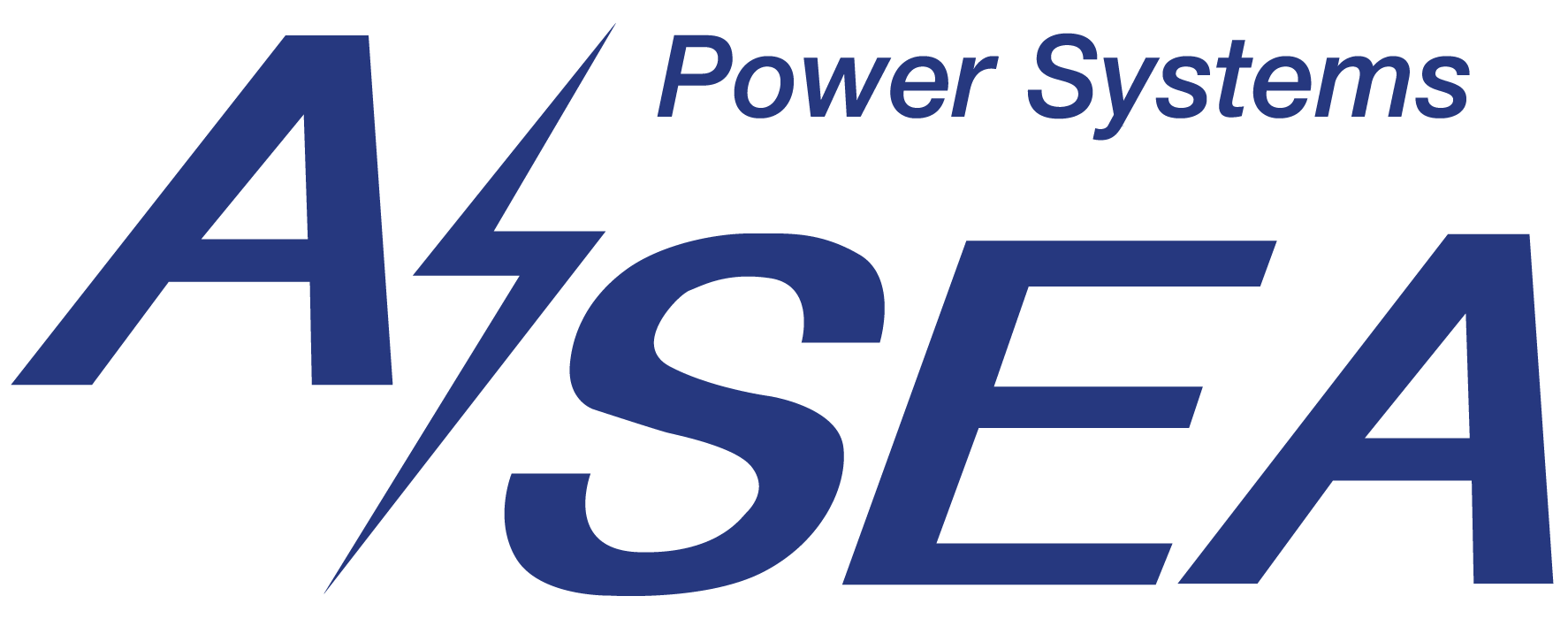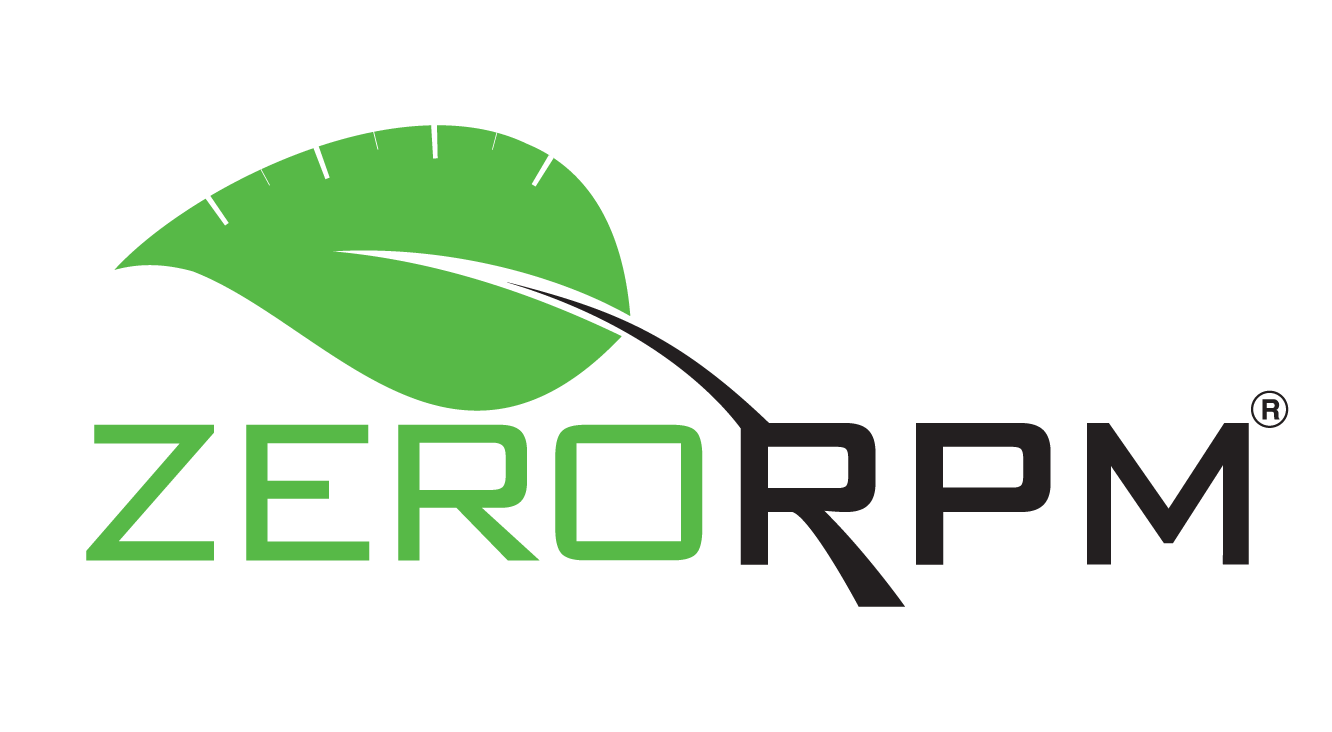


Last Updated: September 13, 2013 The world oil market is complex. Governments as well as private companies play roles in moving oil from producers to consumers. Government-owned national oil companies (NOCs) control most of the proved oil reserves (85% in 2010) and current production (58% in 2010). International oil companies (IOCs), often well-known stockholder corporations, own the balance of the reserves and produce the remainder of the oil. Proved reserves are the amount of oil in a given area, known with reasonable certainty, that today’s technology can recover cost-effectively. Worldwide proved oil reserves are about 1.5 trillion barrels and production averages roughly 89 million barrels a day. Different types of oil companies operate differently There are three types of companies that supply crude oil to the world market. Each type has different operational strategies and production-related goals: International oil companies (IOCs), including ExxonMobil, BP, and Royal Dutch Shell are entirely investor-owned...
5883 Hits
Copyright
© U.S. Energy Information Adminstration
5883 Hits






